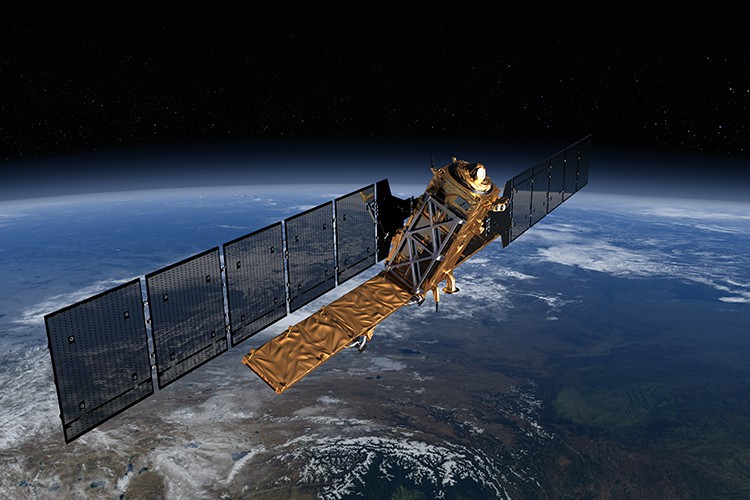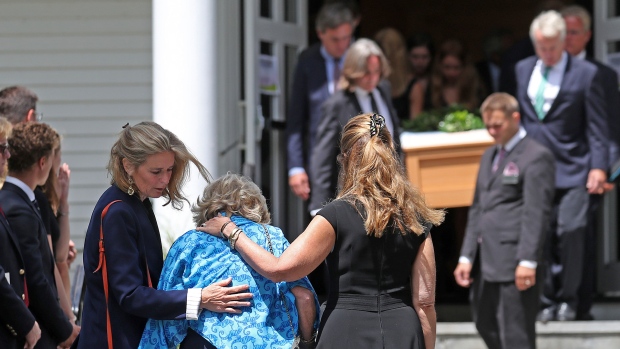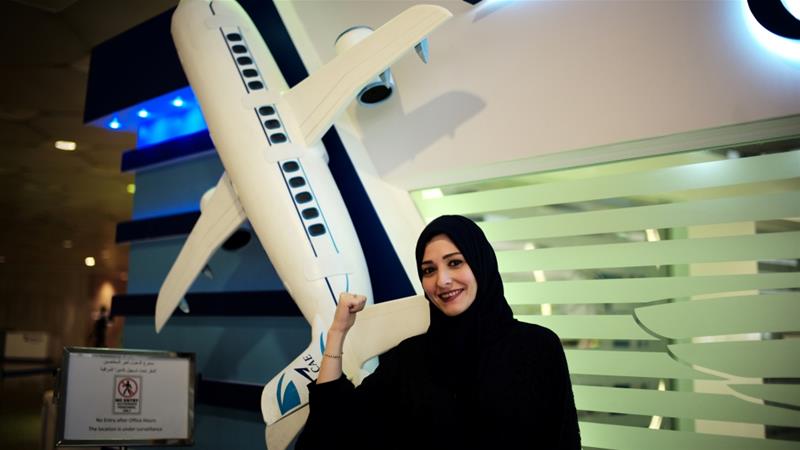New Satellite Technology Developed by Scottish Start-Up
“A world first” tool is currently under construction in Scotland
As the award-winning Scottish company has recently unveiled its small sized satellite and Glasgow is already producing most of the satellites in Europe, analysts expect Scotland to become one of the main selling markets in the space sector in the near future.
The 12-year old Clyde Space company based in Glasgow that has also built the country’s first satellite, produces CubeSats, small satellite systems, and is currently developing an innovative tool that can have a multitude of space applications, climate change-related included.
The latest project is the result of a collaboration between Clyde Space, Teledyne e2v and the University of Birmingham. The three entities use quantum technology in lab experiments, in order to deliver a solution that can create ultra-sensitive “cold atoms” in space, able to accurately map slight changes in gravity across our planet’s surface.
The monitoring system can have several useful applications, such as: deep space navigation tool, climate change monitoring reports, detecting natural resources etc.
“We will create a new wave of space applications. Pioneering innovative solutions is at the core of everything we do and we are always pushing the boundaries of what is possible with small spacecraft, as are Teledyne e2v with quantum technology. We are delighted to provide our technical solution in support of Teledyne e2v’s vision for the commercialization of quantum technologies,” commented Clyde Space, CEO at Craig Clark.
The experiments will accurately replicated in space by the Cold Atom Space Payload (Caspa) Mission, under the supervision of the three mentioned partners of the project.
Trevor Cross, from Teledyne e2v, added:
“Quantum technology is giving us new abilities in a wide range of markets and applications. Our partnership with Clyde Space is representative of the collaboration required to commercialize the technology and really maximize the benefits of quantum in industry.”
On the other hand, another company named Alba Orbital, founded by Tom Walkinshaw, is developing The Unicorn, the company’s first satellite, expected to be ready for launch next year aboard of Space X’s Falcon 9. The first commercial PocketQube satellite, costing around £200.000, was created in collaboration with the European Space Agency and will be used to test data transmission between other satellites that have already been launched.







